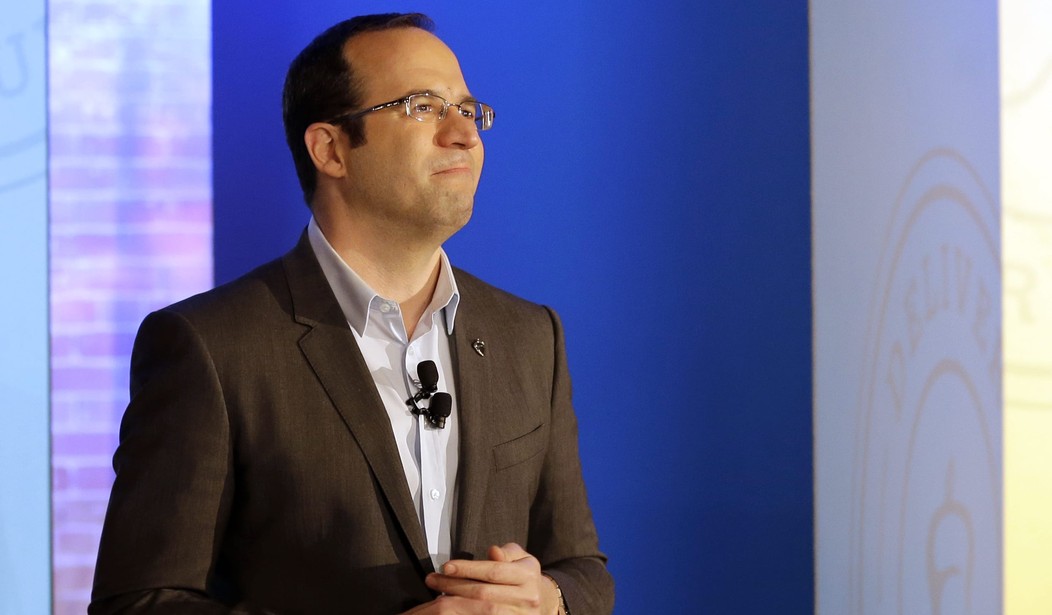Via its SAT tests, few organizations have more influence over American lives than The College Board. And it’s basically unsupervised. Like Google and Facebook, The College Board can do what it wants. And, as a non-profit–an extraordinarily rich one, in fact — no stockholders are going to interfere.
Without oversight, it’s become a covert social engineering company, unleveling the playing field and working to reshape our country in an image desired by its leadership, principally, at this moment, its president and CEO David Coleman who is said to be the instigator of Common Core, among other things.
Fortunately, the organization just shot itself in the foot. In the midst of multiple college admissions and general higher education scandals — celebrity-paid test taking, discrimination lawsuit against Harvard, overwhelming academic bias, administrations growing faster than faculties, etc. — The College Board decided to institute an “adversity score” for applicants. This score would use 15 variables to quantify the student’s socioeconomic challenges — poor neighborhoods, bad schools, etc. It’s masked affirmative action.
This would all be done in secret, the applicants and their families unable to question or even see the results. Only the colleges could see it.
Unfair? Of course, for a myriad of reasons detailed Friday in an editorial at the Wall Street Journal, not the least of which is that it will severely penalize middle-class families that stretch their incomes, sometimes go into debt, to put their children in better schools, public and private.
Ironically, however, this new initiative by the College Board is going to have positive (and long overdue) unintended consequences by seriously diminishing the power of that supposedly “progressive” but actually reactionary organization.
Firstly, many applicants will desert the SAT for its competitor the ACT that, hopefully, will not indulge in this extreme social engineering. More importantly, many will opt not to take these standardized admissions tests at all. Hurray!
A number of excellent colleges are already going test-optional and choosing to rely on the actual record of the individual student. This is a good trend. Even better would be a revolutionary overhaul of our entire system of higher education that has become moribund. The proper approach would be a consumer-driven (i.e students and their families) higher educational system, not that institution-first system that we have with universities like Harvard and Princeton, wealthier than half of Africa and acting like grands seigneurs. After all, who is education for? Students. Not the institutions themselves and certainly not The College Board’s social engineers.
The consumer-driven system would naturally take on entirely different characteristics from our current one — cheaper and more effective in every way. And less elitist. In an ideal situation, it wouldn’t even be important whether one went to college or not, but whether he or she could fill a useful role in society, be a good citizen, and live a happy life.
Roger L. Simon — co-founder and CEO emeritus of PJ Media — is an award-winning novelist and an Academy Award-nominated screenwriter.









Join the conversation as a VIP Member